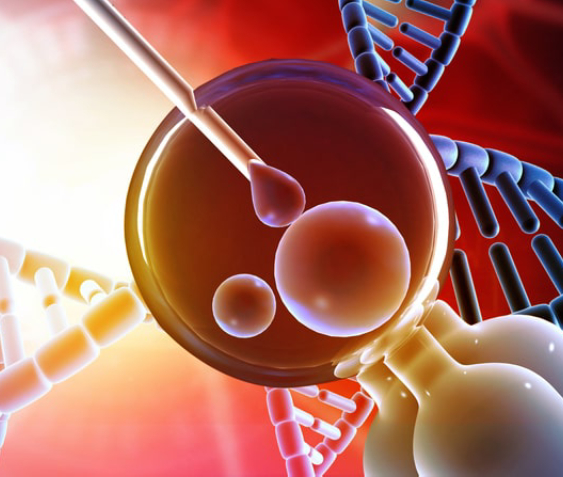Welcome to Jananam Fertility
Welcome to Jananam Fertility


Genetic factors such as Klinefelter syndrome (affecting approximately 1 in 1,000 males) and Y chromosome microdeletions (found in about 15% of men with low sperm counts or azoospermia) can significantly impair sperm production and lead to male infertility.
Book AppointmentGenetic disorders can play a significant role in male infertility by affecting sperm production, motility, and overall reproductive function. Certain genetic abnormalities can lead to azoospermia (absence of sperm), oligospermia (low sperm count), or sperm with abnormal morphology. These conditions can make natural conception difficult or impossible without medical intervention.
Some of the most common genetic conditions that contribute to male infertility include:
Genetic testing is crucial for diagnosing male infertility caused by genetic factors. Common diagnostic tests include:
Treatment options depend on the type and severity of the genetic disorder:
Genetic issues may arise as a result of multifactorial inheritance. This comprises the presence of one or more genes as well as exposure to environmental influences.Certain medical disorders like diabetes, heart issues, asthma, obesity, and malignancies do not all have a single hereditary aetiology.
They are frequently connected to the interactions between several genes and specific environmental or lifestyle factors. Consequently, determining a person's likelihood of inheriting these illnesses is exceedingly difficult.
